Elon Musk’s Apology to Trump Came After Private Phone Call: A Closer Look at Their Political Clash and Truce
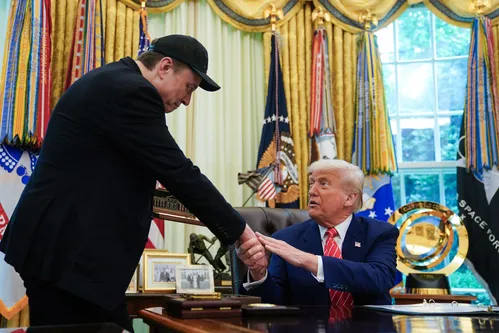
On June 9, 2025, tech magnate Elon Musk reportedly made a personal phone call to former President Donald Trump, a day before he issued a public apology for his controversial social media posts criticizing the Republican leader. This behind-the-scenes communication marked a turning point in a dramatic standoff between two of the most influential figures in American politics and business.
The Fallout Begins: Musk vs. Trump
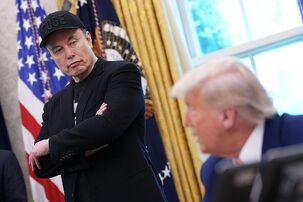
The tension between Musk and Trump erupted after Musk vocally opposed the “One Big Beautiful Bill,” a sweeping legislative package pushed by Trump and Republican lawmakers. Musk denounced the bill as a fiscal disaster, claiming it would dramatically increase the national deficit while stripping key incentives from the electric vehicle industry — a core part of Tesla’s business model.
The situation escalated further when Musk made pointed accusations on X (formerly Twitter), implying that Trump may have ties to still-unreleased documents related to convicted sex offender Jeffrey Epstein. Musk even suggested impeachment proceedings might be warranted — a bold and unprecedented step for a CEO of Musk’s stature.
Trump Responds with Fury
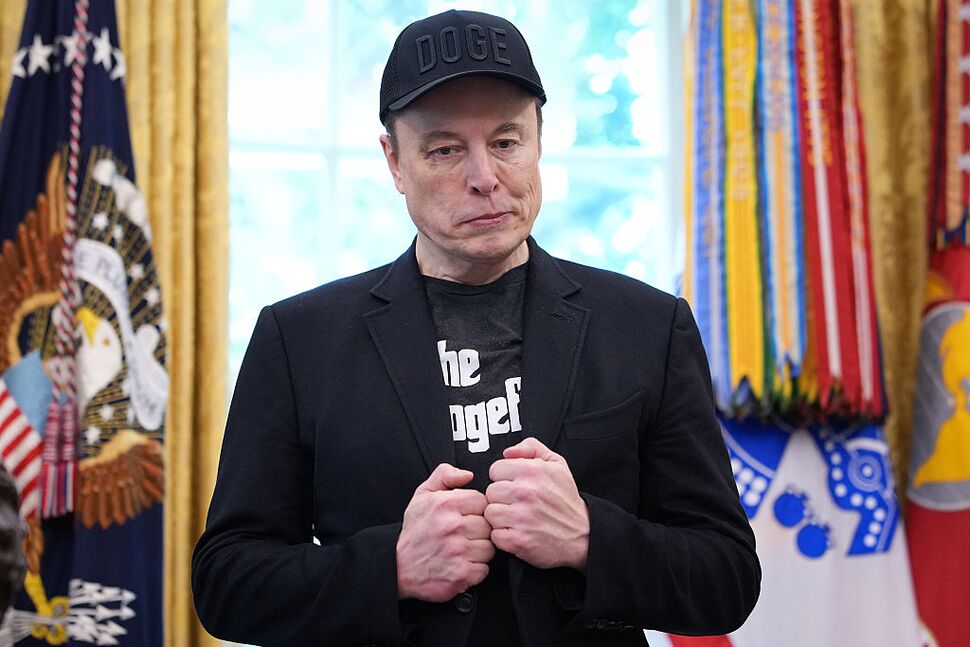
Trump fired back almost immediately, using his own Truth Social platform to insult Musk, calling him a “deranged lunatic” and accusing him of acting out of self-interest. Trump went a step further by threatening to cancel existing federal contracts with Musk’s companies, including the multi-billion-dollar deals SpaceX has with NASA and the Department of Defense.
Such aggressive rhetoric from a political heavyweight like Trump triggered alarm bells on Wall Street, especially given Musk’s companies’ deep entanglement with federal agencies and infrastructure projects.
The Reconciliation: Private Call and Public Apology
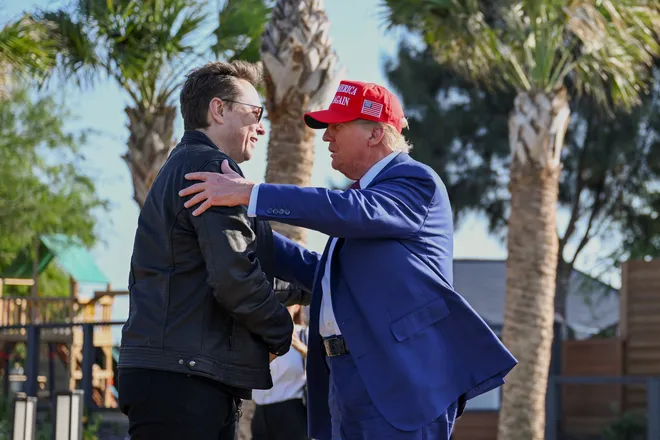
Sources familiar with the matter have revealed that Musk and Trump spoke directly by phone on June 9. While the content of their conversation remains confidential, the result was evident. On June 10, Musk published a post expressing regret for his previous statements, writing that his tweets about Trump “went too far” and that he “deeply regrets” his choice of words.
Trump, known for his combative style, surprisingly responded in a conciliatory tone. He reposted Musk’s message, calling it “very nice,” signaling a de-escalation that many viewed as pragmatic, especially in light of Musk’s business interests and Trump’s political calculations.
Economic Stakes Behind the Apology
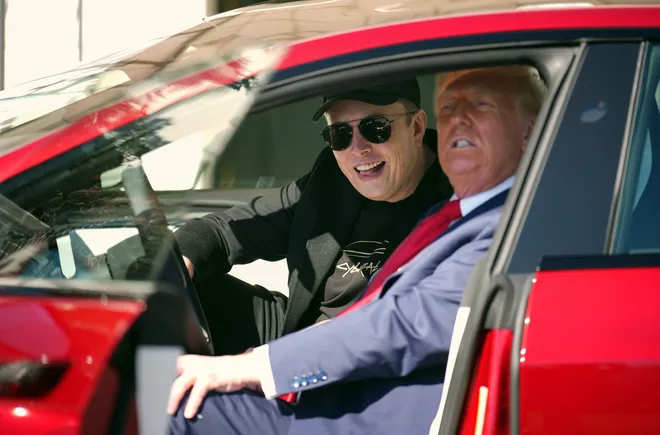
This détente came just in time. Tesla’s stock had taken a serious hit amid the feud — dropping 14% in a single trading session, translating to a loss of over $150 billion in market capitalization. Investors grew nervous that Musk’s public battle with Trump could jeopardize future federal support or public opinion, especially among conservative-leaning consumers and policymakers.
Additionally, Tesla is preparing for a major product launch — the long-anticipated robotaxi fleet debut in Austin, Texas, scheduled for the end of June. With the state’s political environment heavily influenced by Trump-aligned leadership, Musk had strong incentives to mend fences.
A Strategic Retreat or Sincere Contrition?
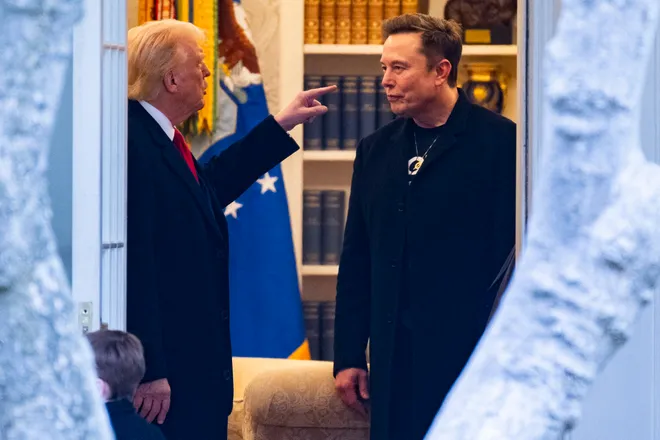
Critics and commentators are divided on the motivations behind Musk’s apology. Some see it as a calculated business move, designed to protect his companies from political retaliation and market instability. Others interpret it as a rare moment of humility from a billionaire known for his brash public persona.
Regardless of intent, the episode underscores the complex and often volatile relationship between politics and big tech. As Musk continues to expand his influence across transportation, space exploration, artificial intelligence, and social media, his interactions with political figures like Trump will likely remain under scrutiny.